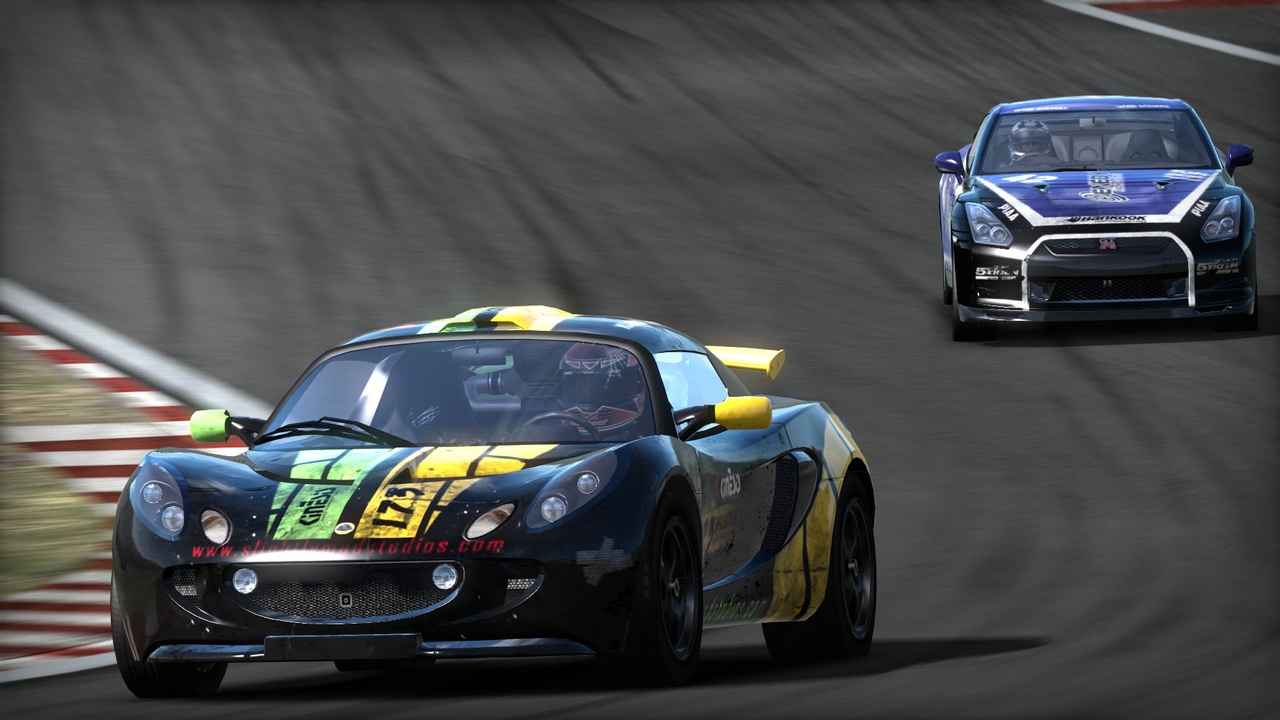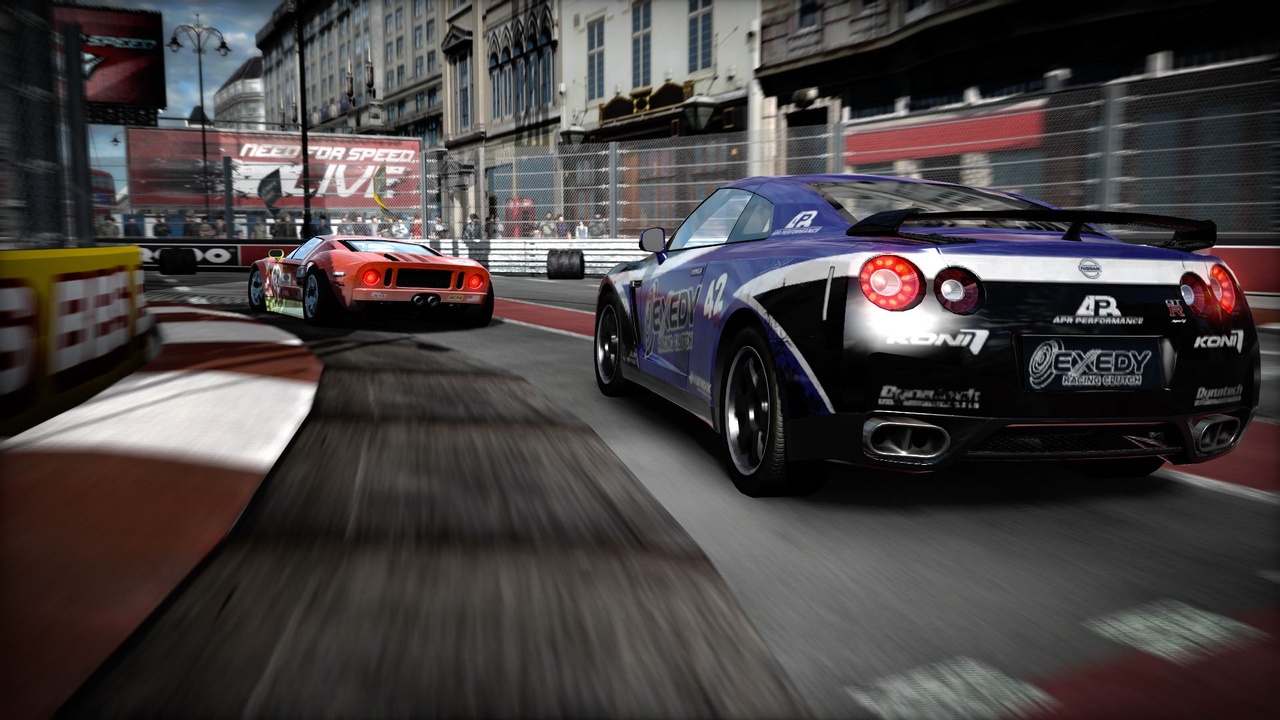Need for Speed: Shift Updated Hands-On Impressions
Career mode progression is the focus of our latest look at EA's upcoming simulation racer.
Unless you've been actively ignoring all incoming Need for Speed news during the past few months, you've likely heard that Need for Speed: Shift is taking the series in a decidedly more realistic direction than previous games. Fans of simulation racing will no doubt be thrilled by this news, but what about the less hardcore racing fans among us? If you're the type who simply enjoys racing but doesn't feel an overwhelming desire to master each hairpin turn and tune every car you unlock, the development team at Slightly Mad Studios has designed a Career mode that's aiming to keep players of all skill levels invested in the game.

Your racing career begins with a test. Don't worry, it's a driving test, not a written one. You're given the task of taking two laps on an unassuming track with an equally unassuming car. At the end, you'll be graded on your performance in the form of suggested difficulty settings for the rest of the game. If the game deems you an expert based on your performance, it'll suggest a high difficulty level, advanced opponent AI, and minimal manufacturer assists, such as traction control and antilock brakes. On the flip side, if you bungle your performance, the game might suggest the casual-level setting with ample assists. Naturally, if you disagree or just want to fine-tune the settings, you can change every single one of them. After that, there's a second test--a race that rewards you with anywhere from $25,000 to $35,000 to buy your first car and get your career started.
Regardless of how good of a driver you become, the Career mode is designed to keep you invested in your progression by feeding you frequent rewards and information about your driving. It's all held together by the driver profile system, which tracks your progress on a leveling system. You'll be able to build up your driver level from one to 50, gathering driver profile points in everything you do--whether it's a first-place Career mode event or a sixth-place finish in a quick race event (though, naturally, the latter earns you far fewer points). At each new level, you'll gain unlockables, such as new events, new paint schemes, and cash rewards for sponsorships.
However, there's a bit more to the driver profile system than a series of numbers and rewards. Shift keeps track of your driving style from your first career event to your most recent one. That information is reflected in a badge system that is broken down into minor and major badges. The difference between the two badge types is a matter of short-term versus long-term performance. You might earn one or more clean takeover badges in a race if you nimbly pass another driver on a turn (or a trading paint badge if you took the more aggressive route), but in the long term, you'll earn major badges for something like an undying loyalty to a particular manufacturer or country of origin, such as the Japanese Manufacturer Loyalty Badge.
The Career mode is arranged by tiers, each offering more events and circuits than the last. The way you progress through tiers is by collecting stars, which are the game's basic unit of progress. Rather than taking the harsh, unforgiving route of forcing players to win a race in order to unlock more races, Shift allows players to unlock stars a few different ways. These include three stars for a first-place finish, two for a second, and one for a third; two stars for achieving predetermined points thresholds for each event; and one star for meeting a lap-time goal specific to each track. Naturally, you have the option to go back and gather more stars if you've hit a wall by only progressing to third place and nothing else. In short, it's a progression system that seeks to give you a little more freedom in progressing through Career mode than your typical sim racing game.

It's clear that Shift is aiming to be a lot of things to a lot of people. Its realistic driving model is obviously a big draw for Gran Turismo and Forza fans, while its generous Career mode seems designed for a more casual fan base. Will the end product nail that sense of harmony? We'll have a better answer as we get closer to the game's September 15 release. In the meantime, make sure you check out our most recent coverage, a
Got a news tip or want to contact us directly? Email news@gamespot.com
Join the conversation